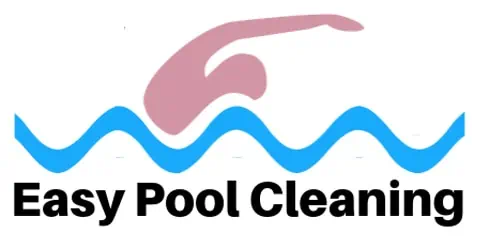Author: John Parker
-
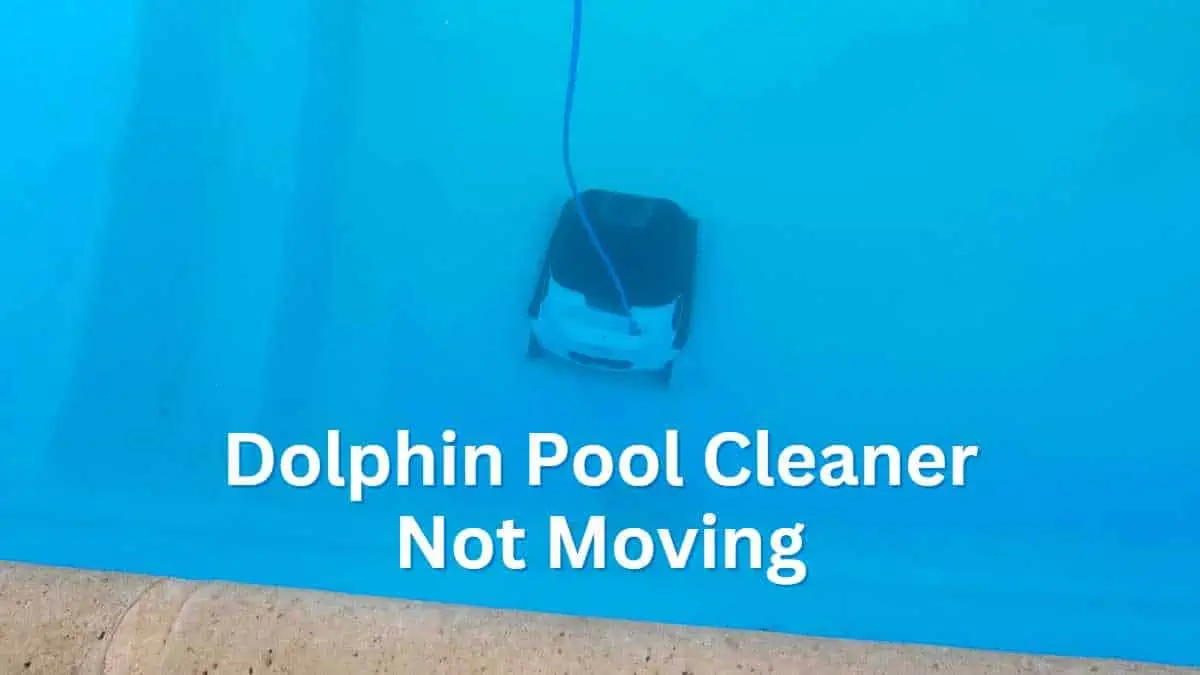
Why Is My Dolphin Pool Cleaner Not Moving?
If you own a Dolphin pool cleaner, you know how convenient it is to have a machine that can clean your pool without effort. However, if you find your Dolphin pool cleaner not moving when you turn it on, it can be frustrating and leave you with a dirty pool. There are several reasons why…
-
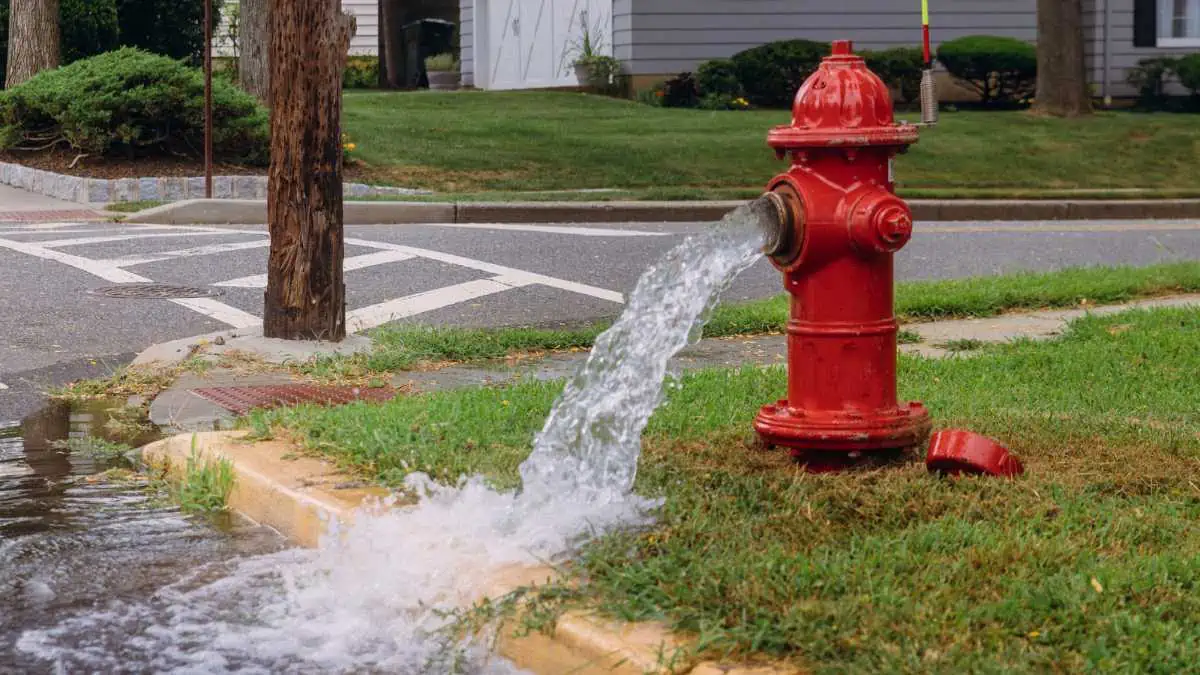
Can I Get Free Hydrant Water for My Pool? Exploring the Possibilities
Filling a swimming pool can be a time-consuming and expensive process, often leading pool owners to seek alternative methods to save time and money. One such option that comes to mind is using a fire hydrant to fill the pool with water. But can I use a fire hydrant to fill my pool, or is…
-
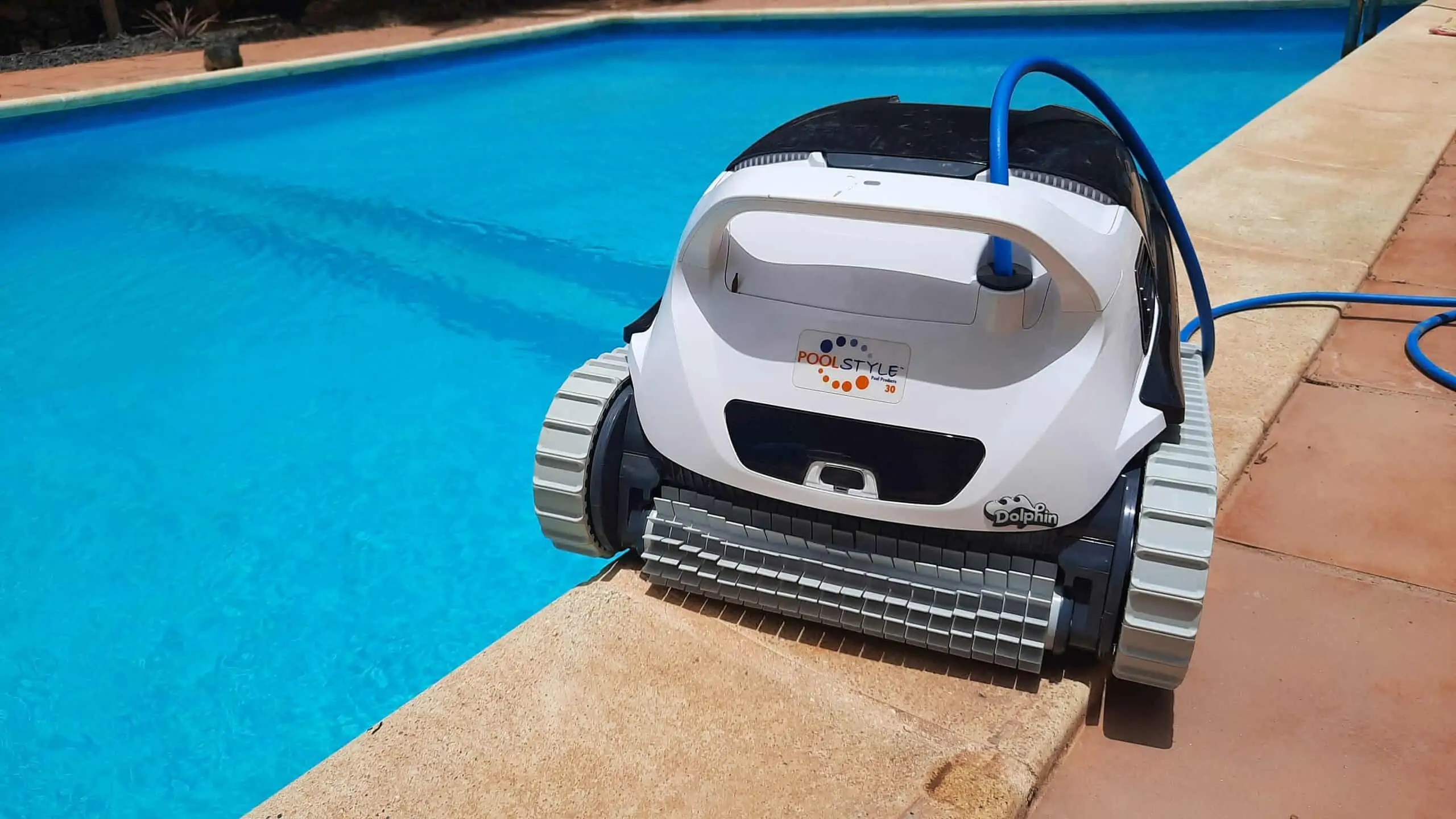
Robotic Pool Cleaners: A Guide to Maintenance and Care
If you own a robotic pool cleaner, you know how much it can simplify your pool maintenance routine. However, like any other equipment, it requires proper care and maintenance to ensure it continues to function effectively. In this article, we’ll provide some essential tips on maintaining and caring for your robotic pool cleaner. First and…
-
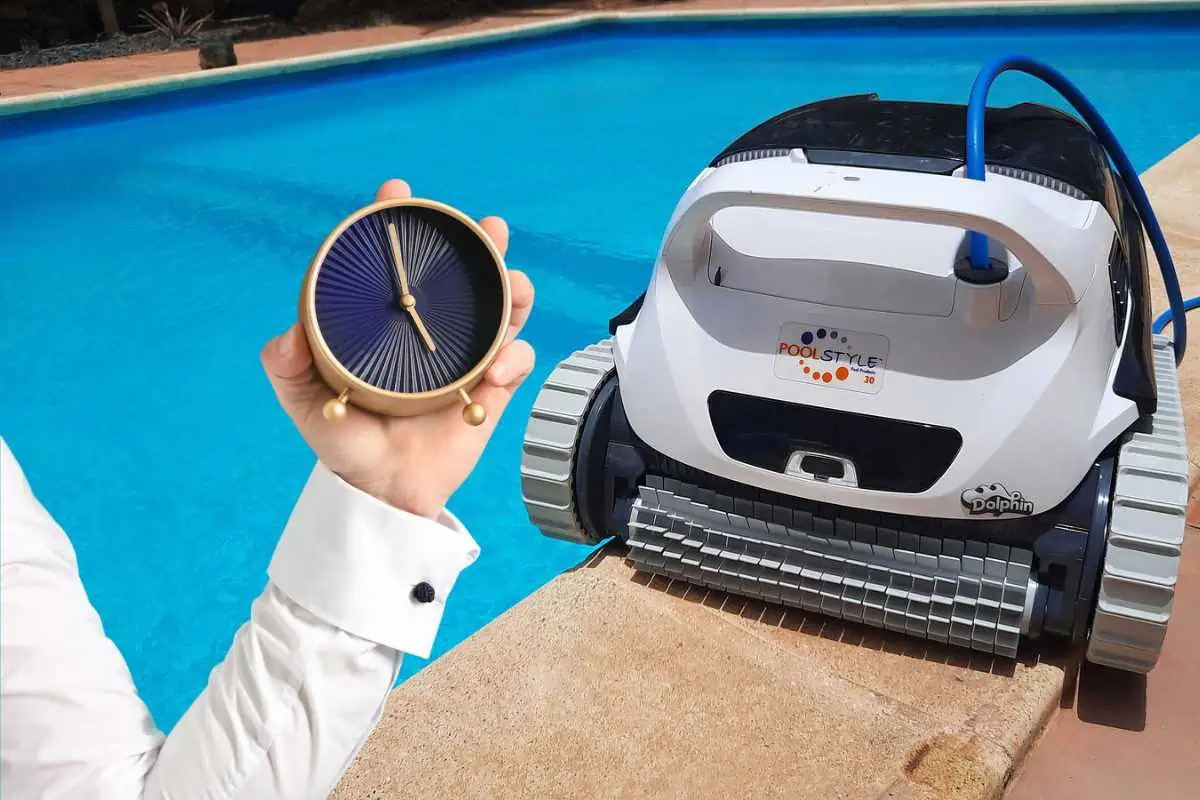
How Often Should You Run Your Robotic Pool Cleaner?
Robotic pool cleaners have become increasingly popular in recent years because they efficiently clean pools with minimal effort from the pool owner. However, one question that often arises is how often you use a robotic pool cleaner. The answer to this question depends on a few factors, such as the size of the pool, the…
-
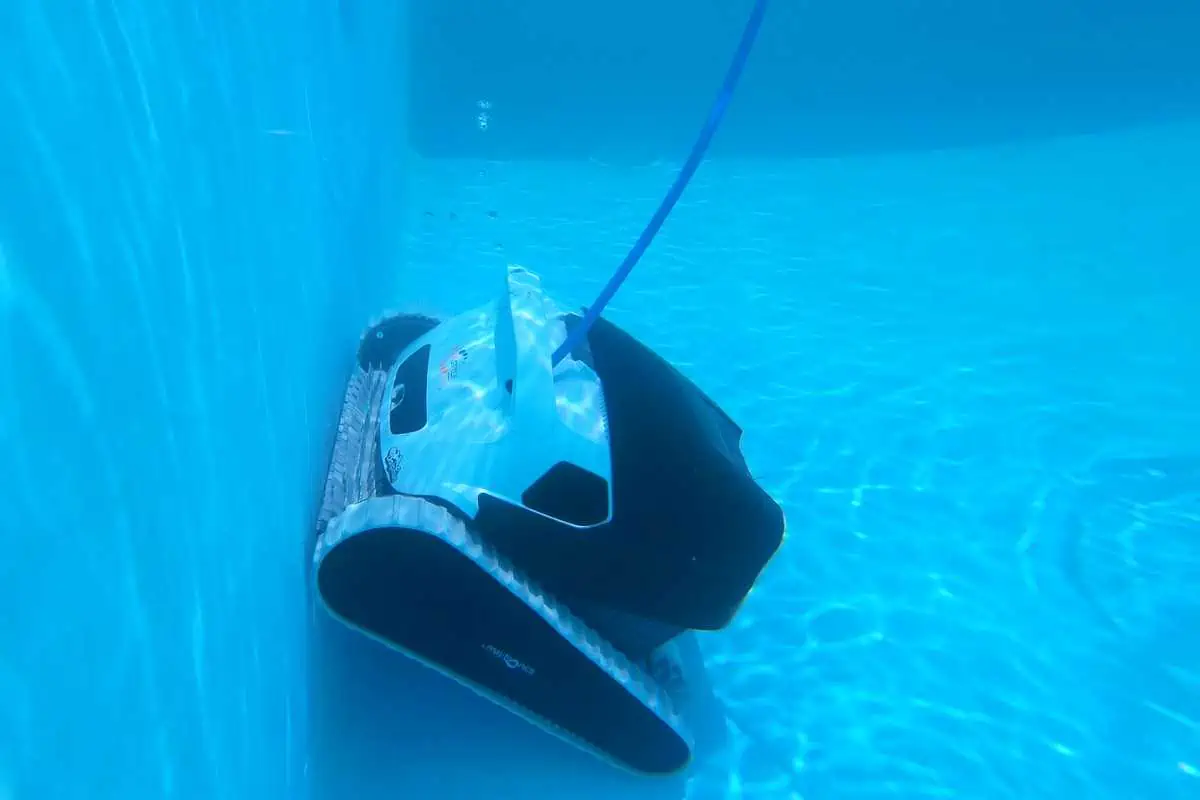
How Do Robotic Pool Cleaners Work? The Magic Behind Automated Cleaning
Are you curious about how robotic pool cleaners work and the magic behind their automated cleaning? These high-tech devices have transformed pool maintenance from a cumbersome chore into a seamless, efficient process. Understanding their technology and functionality can help you appreciate the innovation they bring to keeping pools pristine. Well, we’ll be going over: Let’s…
-
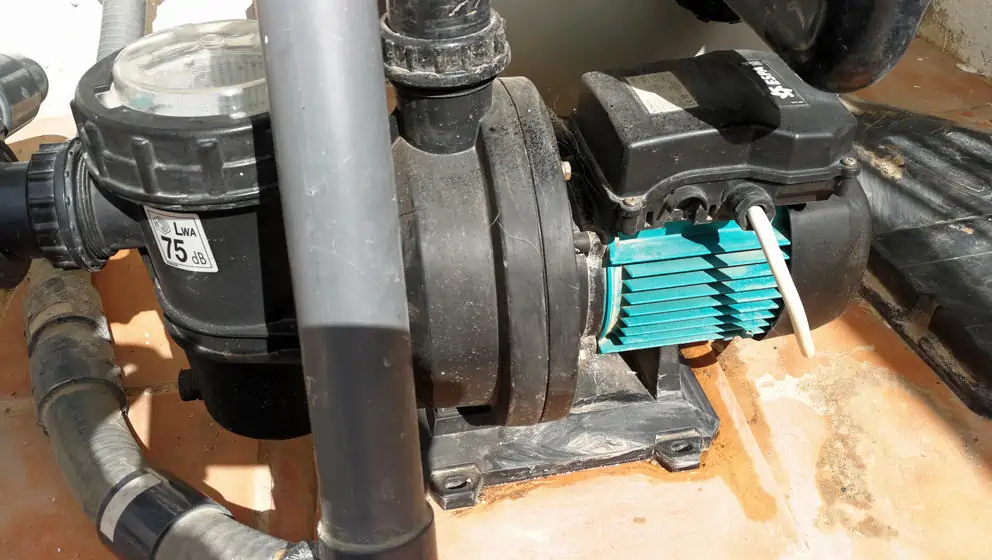
Top 5 Ways to Extend the Life of Your Pool Pump
Pool pumps are vital components of any swimming pool, as they play a crucial role in maintaining water circulation and cleanliness. However, like any mechanical device, pool pumps are susceptible to wear and tear, and various factors can significantly impact their lifespan. To ensure your pool pump remains in optimal condition, follow some simple maintenance…
-
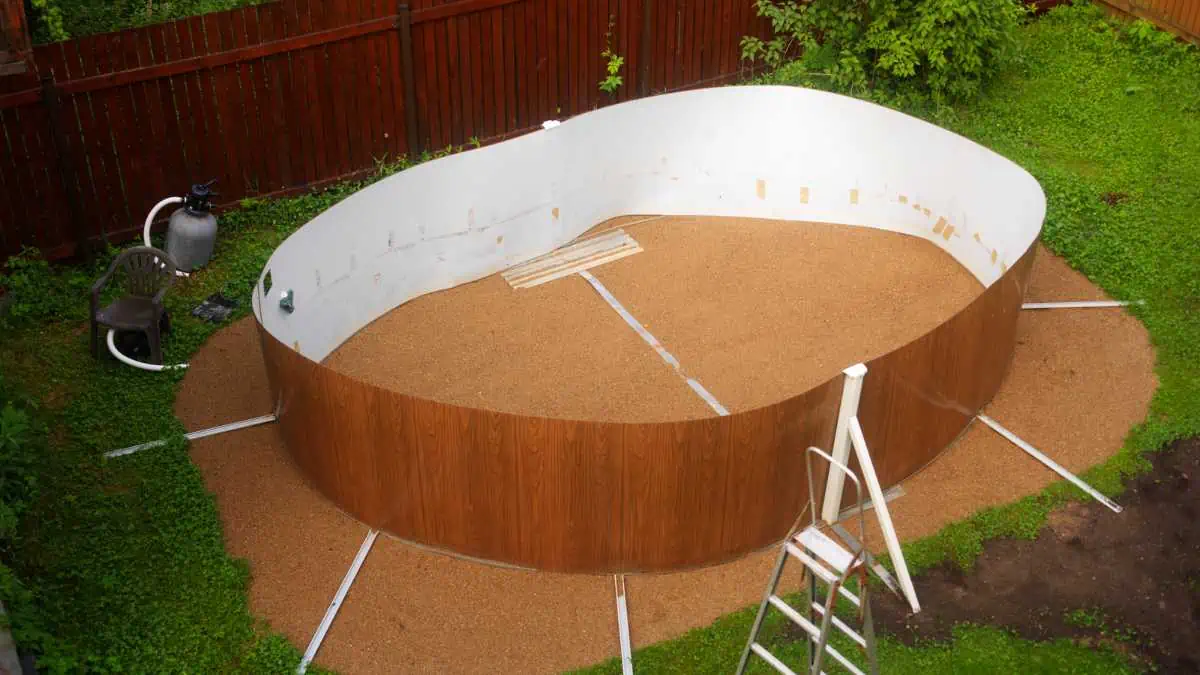
Can You Put an Above Ground Pool in the Ground?
Building a standard in-ground concrete-lined or even a fibreglass swimming pool can cost a fortune given the expenses involved, especially the people that need to be hired and the heavy machinery that needs to be rented. This, however, begs the question, could you theoretically put a cheaper above-ground pool into the ground so that it…
-
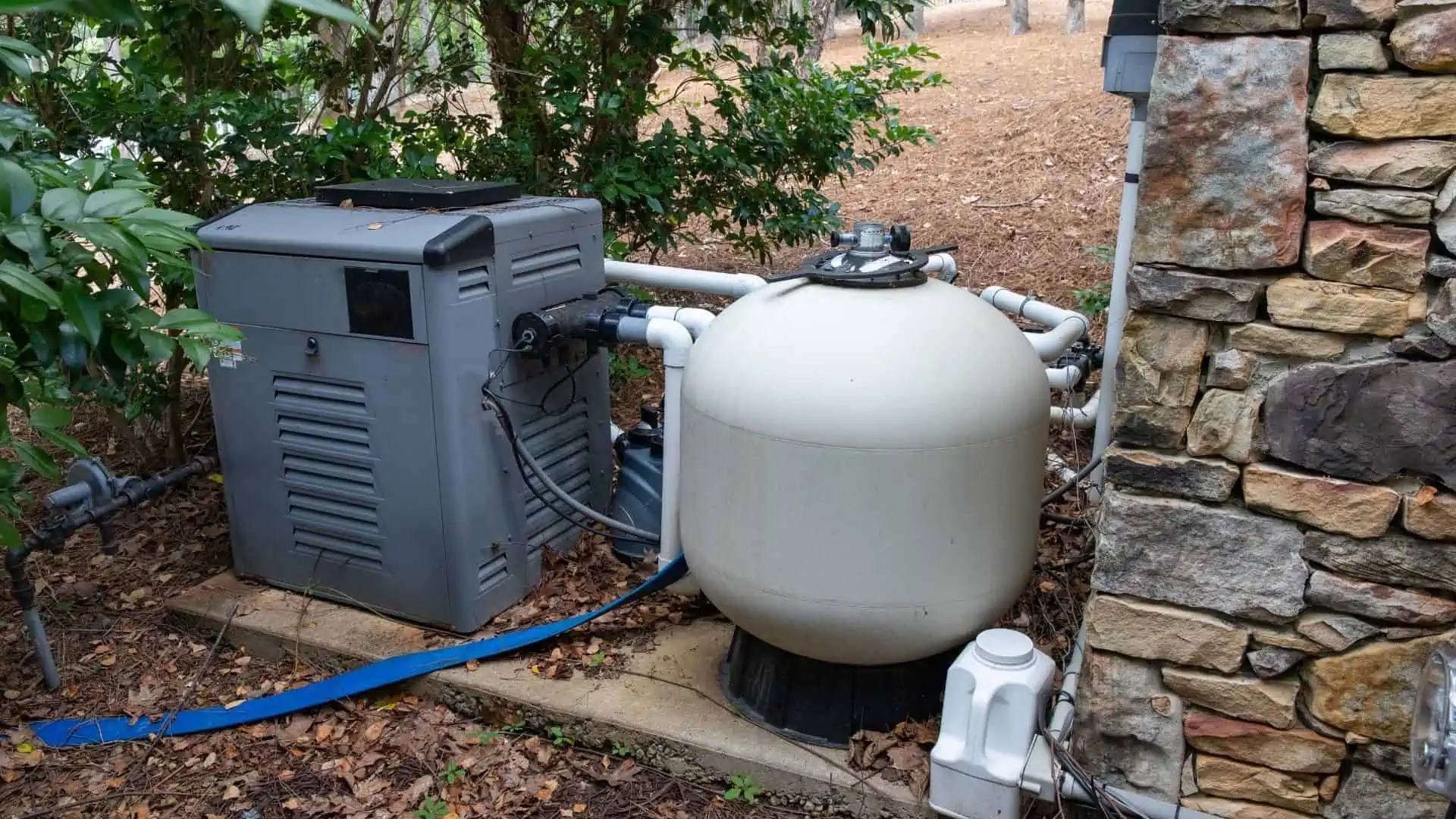
Pool Filtration Systems: Sand, Cartridge, and DE Filters Compared
Pool filters are essential to maintaining a clean and safe swimming pool. Several types of pool filters are available, but the most common ones are cartridge, sand, and diatomaceous earth (DE) filters. Each type of filter has its own set of benefits and drawbacks, and it’s important to understand these differences to make an informed…
-
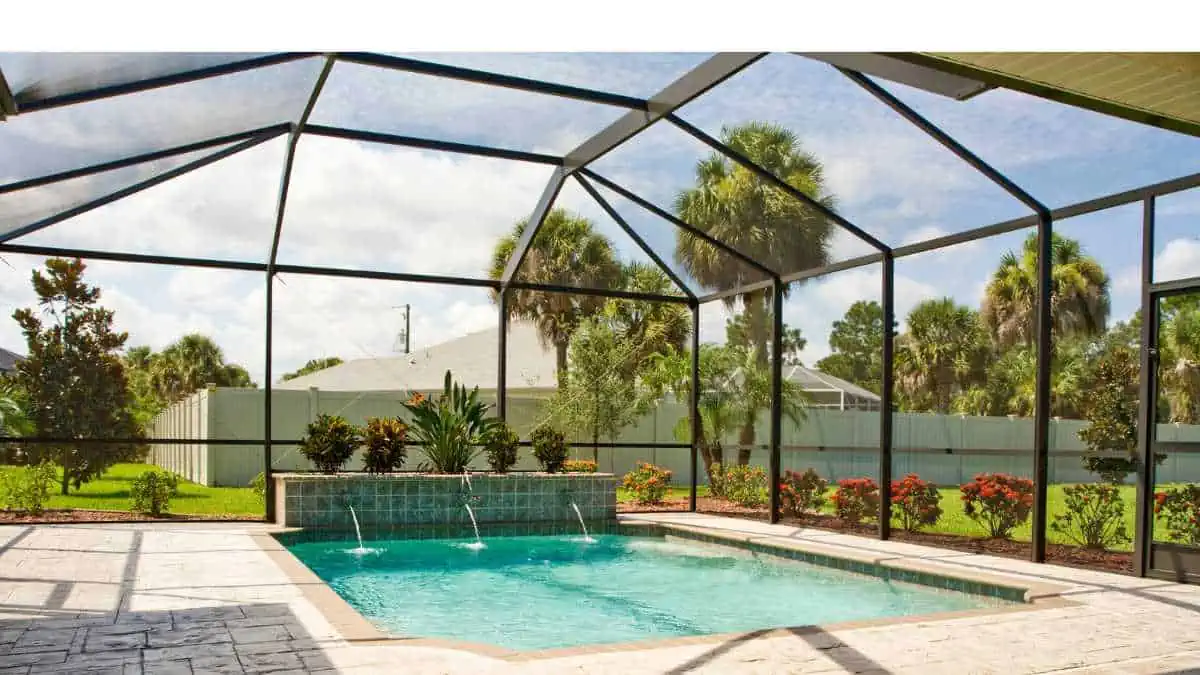
Can You Tan Through a Pool Screen?
If you’ve ever visited Florida or any sunny state, you’ll have noticed the abundance of pool screens. You may be wondering why these screens are covering the pools or how they affect your sunbathing. Do pool screens block UV rays? You can definitely tan through a pool screen. The fine mesh material is designed to…
-
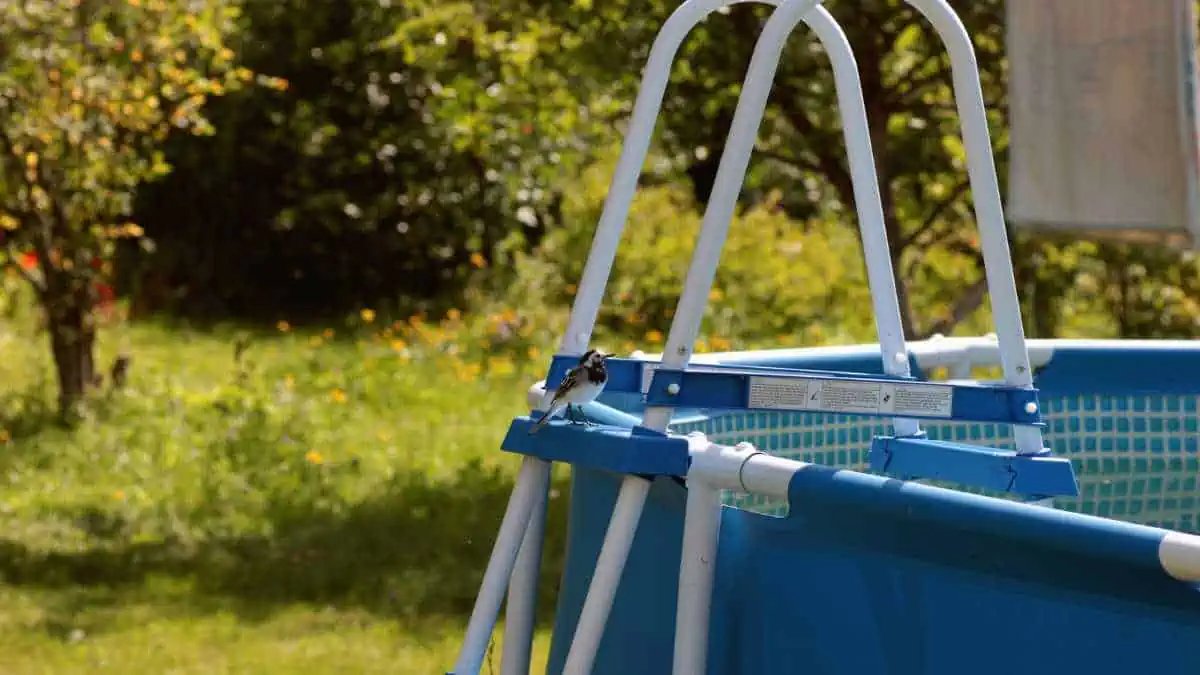
Keeping Pool Stairs from Floating: Tips and Tricks
If you’ve got a sweet set of pool steps, you know they’re vital to your setup. Not only do they keep you safe and steady as you enter and exit the pool, but they also add to the overall pool experience. But let’s face it, we’ve all had those annoying moments when those pool steps…
